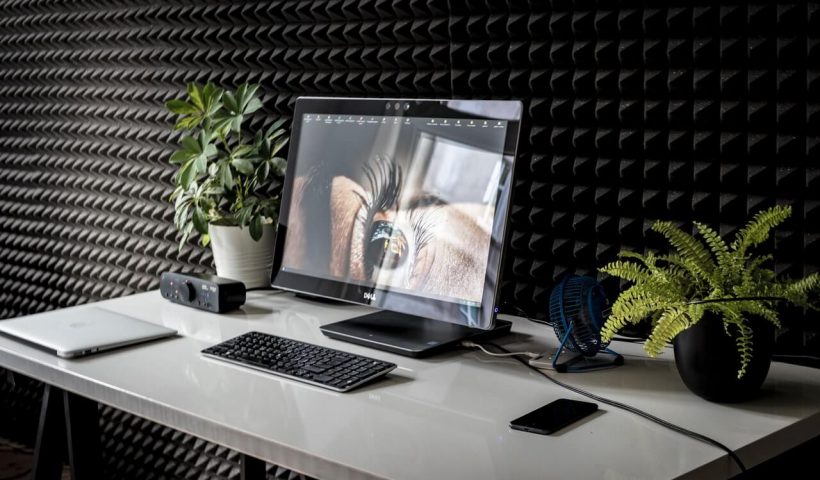What Are Capital Allowances?

What are capital allowances?
Whether you are just starting out in business or have been trading for some time, you likely incur typical day-to-day expenses, as well as those expenses that have a lasting effect on your business. If an item is likely to have a lasting benefit (benefits your business beyond one year), this is usually classed as a capital expenditure. The other expenditure is called revenue expenditure. A capital expenditure could be a laptop, whereas a revenue expenditure could be stationary.
Capital allowances are a system of tax relief that allows businesses to write off the cost of capital purchases made for their business against their taxable profit.
Typically, you or your business must own the asset on which the capital allowances are claimed, and if the asset was bought before starting your business or it was gifted, its worth is determined by its current market value (how much you’d get if you sold it).
The area of capital allowances is quite complex. At Joanna Bookkeeping, our Oxford-based team can help you with it and save you lots of headaches. Plus, because we’re fully digital, we offer accounting services to businesses all over the UK.
We aim to help you spend less time on bookkeeping and more time growing your business – Let’s have a chat with our accounting team from Oxford!
What items are eligible for capital allowances?
If you buy items that you use in your business and with which your business operates, these are known as ‘plant and machinery’, and you can claim capital allowances on them. These items can include:
- Machinery
- IT equipment
- Furniture
- Cars and other vehicles
- Fire and burglar alarm systems
- Moveable partitions
- Surveillance equipment
Capital allowances are also available for a wide range of assets that are not classed as plant and machinery, including things like research and development, patent rights, extracting minerals or renovating business premises.
Accountants from Oxford
Check our accounting services and see how we can support your business
Who is eligible for capital allowances?
An incentive that allows you to treat certain types of expenditure as capital rather than revenue, claim back tax over a period of time is available to almost all businesses. Capital allowances can be used by sole traders, partnerships, and limited companies, along with property occupiers and investors.
You can use a simpler system if you’re a sole trader or partner and include capital costs as revenue costs instead. This method is called ‘cash basis‘ and it’s a way to work out your income and expenses for your Self Assessment tax return.
What are the benefits of claiming capital allowances?
Claiming capital allowances can help you to make significant savings on your business’s tax bill, by reducing the amount of tax payable on your business’s profits and freeing up cash flow for other expenses and investments. Capital allowances are available for a wide range of manufacturing machinery and equipment, which can improve your productivity and quality.
How do I claim capital allowances?
If you’re a sole trader, capital allowances can be claimed in your Self-Assessment tax return and must normally be claimed by 12 months after the 31 January filing deadline. This means that you must make sure you claim all of your capital allowances before the following year’s deadline.
If you’re in a partnership, claim your capital allowances via a partnership tax return.
Limited companies can claim their capital allowances in a company tax return.
We get it, tax-related topics can be daunting, right?
Joanna Bookkeeping is always here to help ease the process! Book a FREE call and have a chat with our professional Oxford-based accountants to learn more about how we can help your business with its tax obligations.

Your Accountant in Oxford
Oxford Office
Joanna Bookkeeping
The Wheelhouse Angel Court
First Floor, Angel Court
81 St Clements St
Oxford
OX4 1AW
Connect
joanna@joannabookkeeping.co.uk
01865 591952





